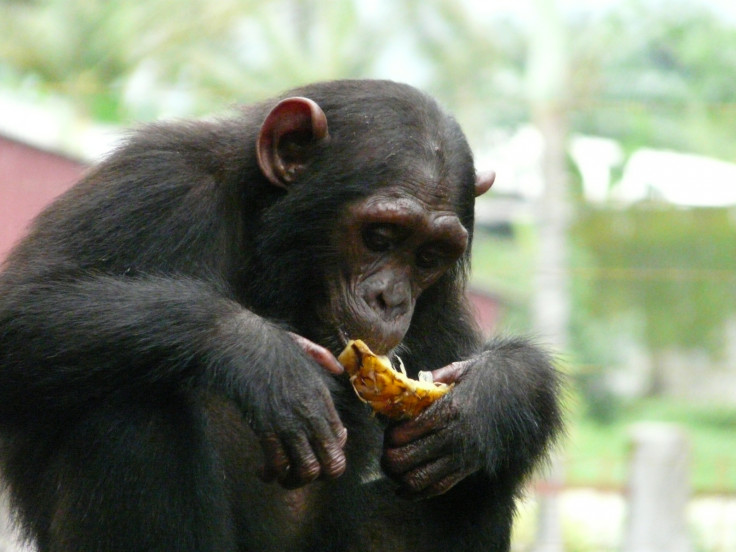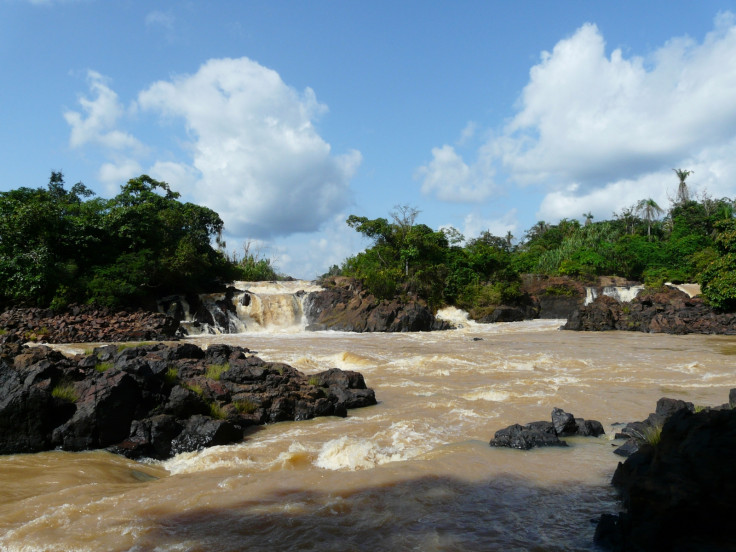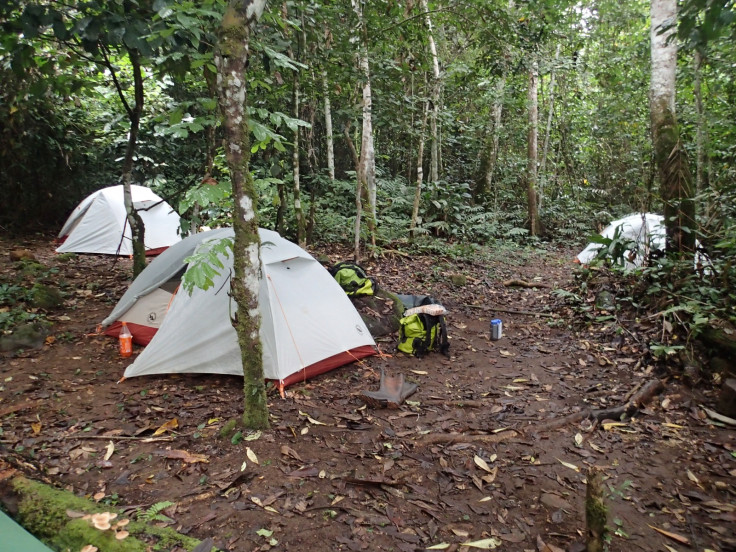Half of Earth's most endangered chimpanzee 'to be wiped out by 2080' through climate change

Half of the population of the world's most endangered species of chimp will be wiped out by 2080 as a result of dramatic habitat loss from climate change, experts have warned.
There are approximately 6,000 Nigeria-Cameroon chimpanzees (Pan troglodytes ellioti) living in the wild at present. However, their population is set to plummet, starting in the next 15 years.
Research published in BMC Evolutionary Biology has for the first time looked at the effects of climate change on this chimp species, which is already under threat from logging, agriculture and illegal hunting.

Researchers mapped the precise locations of Nigeria-Cameroon chimpanzees in the wild and found two distinct populations – one living in the mountainous rainforests of western Cameroon and another in the forest-woodland-savannah of central Cameroon.
First author of the study, Drexel University's Paul Sesink Clee, said: "This is the first time that their distribution and habitat has been studied in such detail, and the data used to predict how their habitats might alter under climate change."
Researchers used environmental characteristics to predict how their habitats would change over different climate scenarios from 2020, 2050 and 2080 provided by the UN's Intergovernmental Panel on Climate Change.

Findings showed that while the rainforest habitat remained largely unchanged, the central Cameroon population disappeared almost entirely by 2080 in the worst case scenario.
"We were surprised to see that the Nigeria-Cameroon chimpanzees living in the savannah-woodland habitat of central Cameroon are under the most immediate threat of climate change, and may completely lose their habitat within our lifetime," Sesink Clee said.
The authors note, however, that their study did not take into account the chimp's ability to adapt to changing habitats or migrate to new areas.
© Copyright IBTimes 2025. All rights reserved.






















